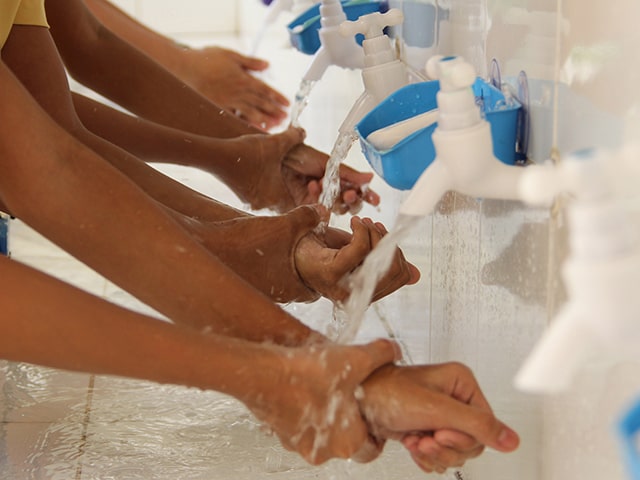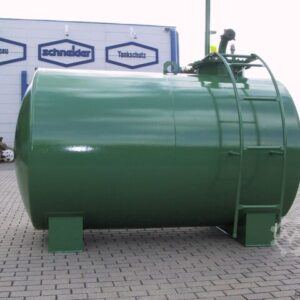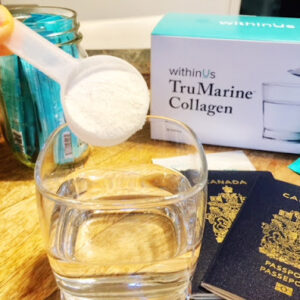The sanitary handling and prep work of food are of fantastic value in the avoidance of food contamination and gastrointestinal disorder. In home, it is required to handle your food to make sure that food is prepared as hygienically as feasible. This can be accomplished by following a couple of basic policies. You can also learn more info about Vegan Boric Acid Suppositories at this link.
- Personal health
· Before preparing food, tie hair back, wash hands, as well as scrub nails clean.
· Always clean the hands after checking out the toilet.
· Never cough, sneeze, spew, or smoke over the food.
· Cover skin infections, cuts, and forages.
· Use a tidy apron.
· Do not lick fingers or spoons and afterwards touch the food with them.
- Food acquisition
· Buy food from tidy, trustworthy stores, where the aides take care of the food hygienically, and the food is stored effectively.
· Check that there are no animals in food shops.
· Inspect the day stamps on fresh foods.
· Select fresh foods carefully (see specific foods for factors influencing choice).
· Be wary of fresh foods sold on market stalls – they must be covered to secure them from dirt and flies.
- Food storage space at home
· Store fresh foods in an amazing location. Use them up relatively rapidly as well as definitely within the moment advised on the label or pack.
· Use up old supplies of dried out as well as canned foods before brand-new ones.
· Awesome left-over foods quickly and also consume within 24 hours.
· Keep food secured from flies, insects, and also rodents, by the use muslin fabric, plastic film, or a food web.
- Cooking area hygiene
· On a regular basis laundry and clean work surface areas, the cooker, and the floor.
· Keep utensils clean and also well stored when not being used.
· Wipe up spills as they occur.
· Do not allow pets to sit on work surfaces or to consume from utensils as well as dishes that will certainly be made use of for people; some pets carry infections as well as bacteria which can be handed down to humans, specifically young kids whose resistance is not well created.
· Rinse out the dishcloth after usage and leave to air to ensure that it does not end up being stationary. Involve in weakened bleach or anti-bacterial on a regular basis.
· Do not make use of the dishcloth to wash the floor.
· Use extremely hot water and also an excellent cleaning agent for washing recipes, so that all food traces are eliminated. Nylon brushes are useful for washing elaborate tools, e.g. cheese graters, bottle necks.

· Sanitize baby feeding bottles meticulously.
· Make certain that icy poultry pork, lotion, and fish are totally defrosted before food preparation, and after that extensively prepared to damage salmonella microorganisms which might be present. Insufficient thawing as well as food preparation will certainly supply an ideal temperature for the development as well as reproduction of such germs, and bring about food poisoning.
Waste disposal
· I Keep dustbins well away from the kitchen, in a cool, shaded position. Safeguard from flies, cats, as well as vermin by guaranteeing that food wastes are covered and also the lid fits securely.
· Decontaminate the dustbin regularly, specifically in summer. Make use of a container liner ideally.
· Vacant kitchen pedal containers everyday, and also rinse.
· Maintain nappy pails out of the kitchen; leave them in the washroom. Cover non reusable nappies hygienically in plastic bags prior to disposal.
· Do not allow the sink waste pipe to come to be stopped up. Sanitize the sink consistently, to eliminate bacteria and prevent stagnation.





